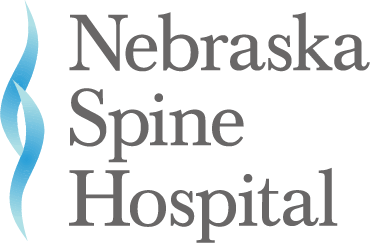The news that smoking is bad for you is hardly groundbreaking. Smoking has been linked to serious diseases like lung cancer, emphysema, and heart disease. Did you know that smoking and back pain are also related? That’s right — if you’re a smoker and are experiencing back pain, smoking is probably part of the issue.
In our line of work, we see the effects of smoking in our patients far too often. So, if you or a loved one is suffering from back pain or preparing for a spinal fusion, this blog post may serve as another great reason to quit smoking.
Smoking And Back Pain
Smoking contributes to the hardening of arteries which decreases your overall blood flow. As you likely learned in a biology class at some point, blood provides nourishment to your body’s organs and structures.
When blood flow is restricted, the areas of your body fed by smaller vessels, like your bones and spinal discs, become severely undernourished. With little to no blood supply, these bones and discs rely on surrounding tissue for nourishment.
But since the surrounding tissues aren’t meant to provide nourishment, they will eventually become depleted, leaving your bones and discs to essentially starve. Once your bones and discs have reached this point, they can no longer repair themselves and will likely cause you pain.
Smoking And Spinal Fusions
One of the most common surgeries we perform is spinal fusion. In this surgery, a bone graft is used to form a solid bridge between two vertebral segments. For a successful surgery, the bone graft and vertebral segments need to grow together. The problem is that smoking inhibits bone growth, which can cause the surgery to fail.
In fact, smokers are twice as likely to have an unsuccessful spinal fusion as non-smokers. And even if the surgery is successful, smoking accelerates disc degeneration, meaning smokers are more likely to continue suffering from chronic pain.
Here at Nebraska Spine Hospital, we know that it isn’t easy to quit smoking, which is why we don’t expect our patients to do it alone. We’ve implemented a Surgical Readiness Program to help prepare patients for a healthy surgery. Whether you need to quit smoking, start exercising or lose weight, we offer one-on-one support to help you reach that health goal and, ultimately, have a successful surgery.




